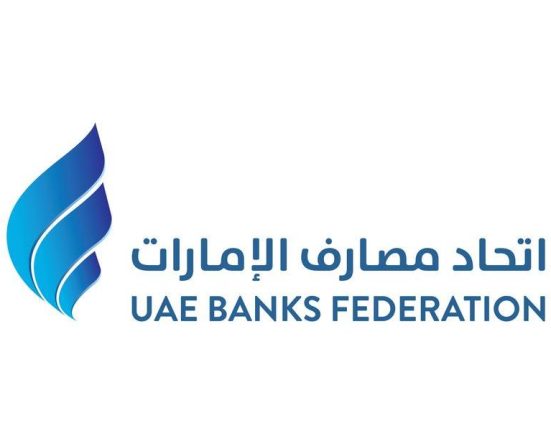In a significant move aimed at boosting financial integrity, Belgium has formally adopted a key banking security measure long standard in Nigeria’s financial ecosystem: the Biometric Verification Number (BVN) framework.
Effective July 1, 2025, Belgian banks are required to verify that the name of a transfer recipient matches the provided account number before processing online transactions. The measure, hailed as a step forward in fraud prevention, mirrors a system Nigeria implemented as far back as 2014.
Financial observers noted that Belgium’s adoption of this standard—commonplace across Nigerian banks for nearly a decade—challenged traditional assumptions about where innovation originates. Nigeria, often underestimated in global tech and financial circles, pioneered biometric identity systems in banking when the Central Bank of Nigeria (CBN) launched BVN to combat fraud and boost digital trust.
Collins Nweke, a former Green Councillor in Ostend and a Nigerian-Belgian financial commentator, described the development as both “revealing and instructive.”
“For those of us straddling both Europe and Africa, this is nothing new,” Nweke said. “Nigeria embedded this in its banking DNA in 2014. By 2018, it was already mandatory to match account names with numbers before completing transfers. It was visionary—and it worked,” he said.
While Belgium is a high-income, digitally advanced economy, analysts argue it has lagged in financial innovation due to entrenched legacy systems. In contrast, countries like Nigeria leapfrogged traditional banking bottlenecks by embracing digital-first solutions out of both necessity and foresight.
“The idea that innovation only flows from North to South is outdated,” Nweke added. “Nigeria and other African countries haven’t merely followed Western models—they’ve sometimes surpassed them.”
Beyond fraud prevention, Nigeria’s broader fintech infrastructure—such as the NIBSS Instant Payment (NIP) system—has revolutionized how money moves in the country. Secure, real-time transfers are now common, even in rural areas with limited banking infrastructure.
Belgium’s new policy, though technically a modest update, is being viewed as a quiet endorsement of this African innovation. Experts say it signals a shift in global attitudes toward where best practices in digital finance originate.
“It’s no longer about GDP,” Nweke said. “It’s about adaptability, urgency, and the courage to try what others deem improbable.”
He also noted the irony of Nigeria’s technological progress in banking compared to its political processes. “We move billions of Naira across digital platforms instantly, yet we claim that transmitting election results electronically is too complex. It doesn’t add up.”
Reflecting on his dual heritage, Nweke said he views Belgium’s adoption of BVN-like protocols not as a critique of its cautious pace but as a celebration of Nigeria’s pioneering role in digital finance.
“The lesson is clear,” he concluded. “Africa can lead. And sometimes, the future of finance isn’t coming from Silicon Valley—it’s already thriving in Lagos.”
READ ALSO: Nigeria, Belgium to boost agricultural trade, finance







